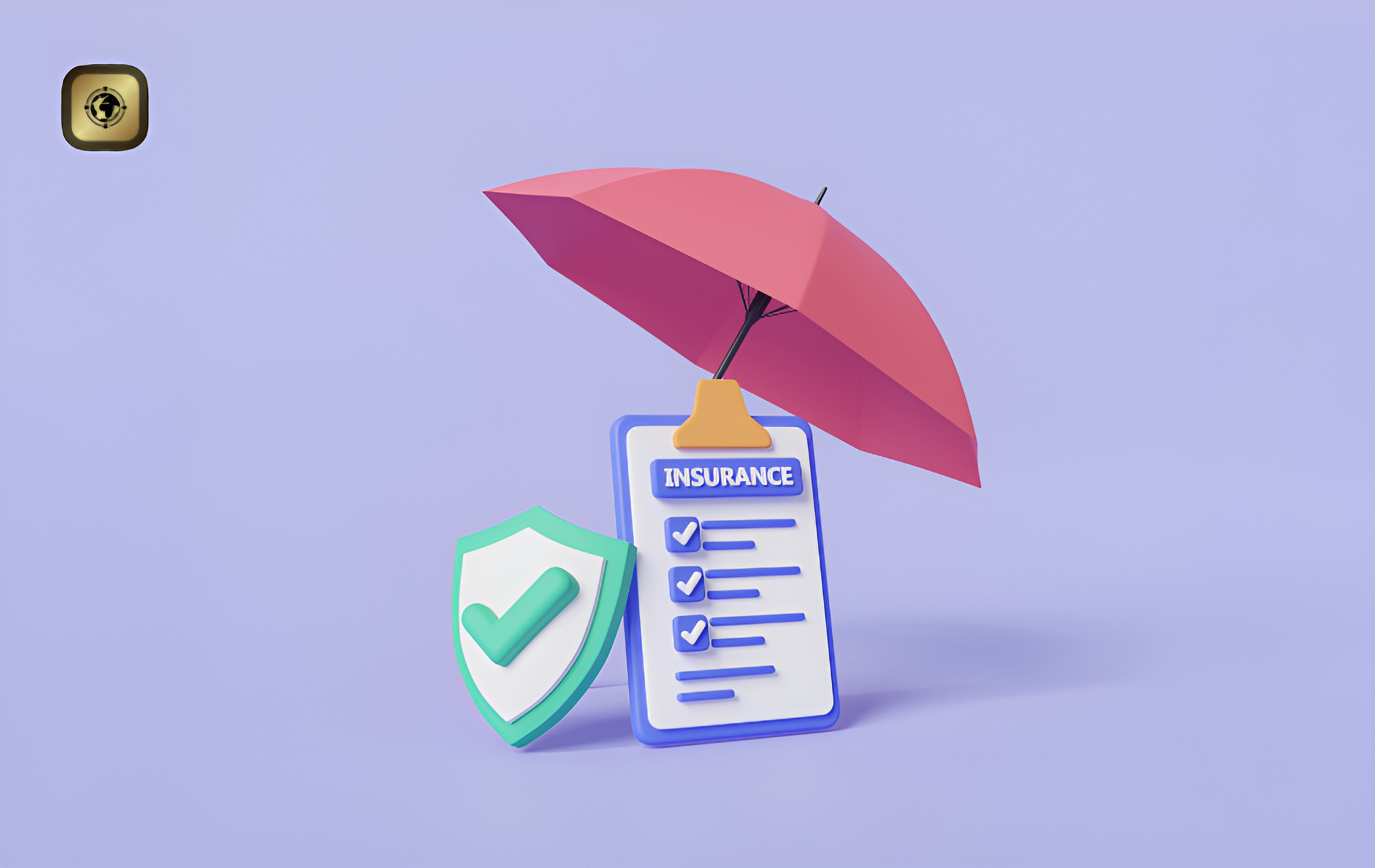March 25, 2025
Key takeaways
- Riders assist in improving your life insurance policy with extra benefits.
- Various riders available in India include Accidental Death Benefit, Accidental Total and Permanent Disability, Critical Illness, and Waiver of Premium Rider.
- Always evaluate rider inclusions and exclusions prior to adding one to your policy.
- The expression “one size fits all” is not applicable to a life insurance policy. Individuals have diverse lifestyles and financial needs, highlighting the importance of a customizable plan. This is the role of life insurance riders. They are supplementary benefits added to an insurance policy, boosting its overall advantages. Particularly useful for meeting the specific needs of customers, riders incur an additional cost that is the responsibility of the policyholder.
- By choosing a rider with a policy, you increase your overall protection and financial assistance for your family. In India, various riders included with life insurance policies support you in cases of accidents, critical illnesses, and disabilities.
- In today’s blog, we will discuss the various types of riders. So, let’s begin and discover everything about enhancing your policy for extra benefits.
Accidental Death Benefit Rider
- You can choose an Accidental Death Benefit (ADB) rider in addition to your life insurance plan if you seek more coverage. It offers financial support to the nominee if the policyholder dies due to an accident. An economical rider, this grants you an extra amount (a lumpsum) along with your basic insurance amount. This financial assistance is vital to secure your family’s financial stability during challenging times.
Accidental Total and Permanent Disability Rider
- Accidental Total and Permanent Disability Rider or ATPD is a significant rider in the life insurance field. With this, you can protect your family’s finances if you have an accident and experience a permanent or total disability. In the event of an accident, this rider provides an additional amount to the policyholder, while the basic term plan stays unchanged. Typically, there is a waiting period of 180 days from the accident. During this duration, if the policyholder is found to have a total or permanent disability, then he/she is eligible to claim the rider sum assured.
Critical Illness Rider
- Critical Illness Rider is an added feature linked to a life insurance policy that guarantees coverage for certain medical conditions and critical illnesses. With this rider, the policyholder is entitled to a lumpsum upon diagnosis of a covered illness during the policy term. It also includes a list of medical conditions that may vary based on the insurance provider and their policy terms and conditions. Some frequently covered critical illnesses in India comprise heart attack, kidney failure, paralysis, stroke, etc.
Waiver of Premium Rider
- This rider provides you the choice to waive premiums in the event of circumstances such as the unfortunate death of the policyholder, disability, or even critical illness. If you, as the policyholder, are unable to pay premiums due to these unexpected events, the rider serves as a safety net, ensuring that your insurance coverage remains uninterrupted.
Things to remember when choosing a term life insurance with riders
- When choosing a rider for your life insurance policy, it is important to pay attention to the several factors outlined below:
- Expenses and Income: It is recommended to evaluate your income and expenses thoroughly before choosing a rider. Since they incur additional costs, select the one that aligns perfectly with your needs.
- Coverage amount provided: With various life insurance policies available in the marketplace with differing coverage amounts, picking a rider that offers a considerable coverage amount is essential.
Tax Benefits
- Selecting riders with your life insurance policy can enable you to obtain tax benefits in accordance with the current tax regulations. This is advantageous if you aim to lower your taxable income.
Inclusions and Exclusions
- Always review the rider inclusions and exclusions ahead of time. This will prevent any last-minute complications related to claims, as certain conditions may not be covered by particular riders. For instance, specific stages of cancer may not be covered even if you choose a critical illness rider.
What are the limitations of riders?
- Eligibility criteria: Certain life insurance riders have age limitations and are only available with specific types of insurance products such as term insurance or ULIPs.
- Additional expenses: Adding riders incurs extra costs, and the overall expense of the insurance policy can rise considerably when a rider is included in your plan.
- Waiting and survival periods: Health riders may feature a waiting period from the start date of the policy or impose other limitations. Some riders come with a survival period that requires the policyholder to live for a minimum duration to access all the benefits of the policy.
- Non-transferable: Riders are linked to your primary policy and cannot be moved to another insurer.
Conclusion
- Acquiring a rider with your life insurance policy is a wise decision. It not only enhances risk protection beyond your basic policy but also provides additional financial security for your family during challenging times. Prior to buying a rider, it’s essential to read the terms and conditions carefully and fully comprehend all inclusions and exclusions of the policy. Consult an insurance agent before making any purchases to resolve any uncertainties and make an informed decision.
- Disclaimer: This article/blog is published in the interest of the public and is intended for general informational purposes solely. Readers are encouraged to be cautious and not to depend on the content of the article/blog as being definitive. Readers should conduct further research or seek advice from an expert regarding this matter.



Leave A Comment